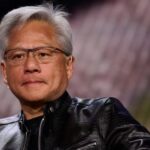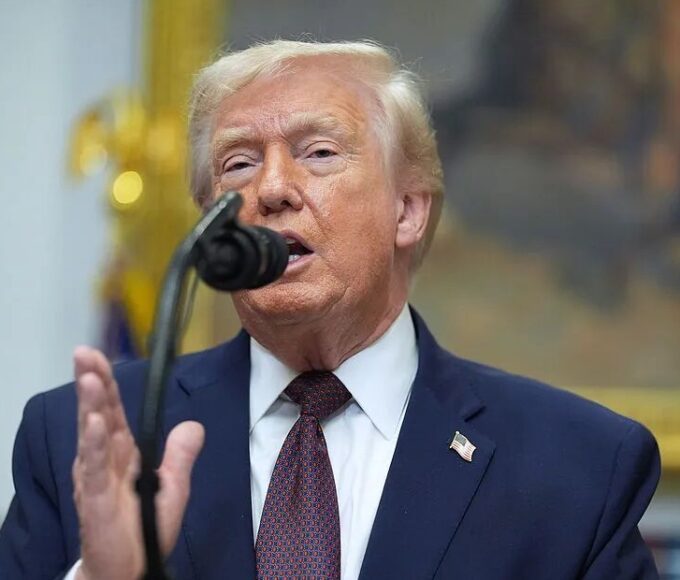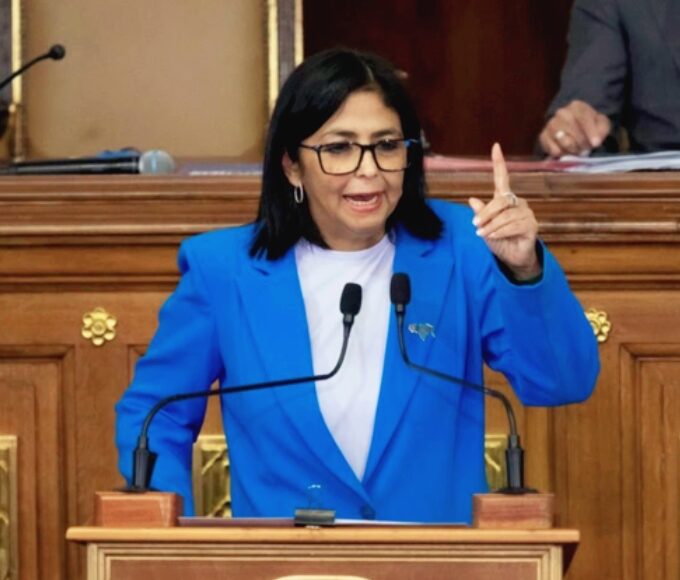After pouring massive funds into the 2024 U.S. election, Tesla CEO and world’s richest man Elon Musk has announced that he will cut back on political spending and refocus his attention on Tesla.
According to the latest reports, Musk said in a video interview at the Qatar Economic Forum on May 20 (local time) that he plans to reduce his financial involvement in politics going forward, stating that he has “already done enough.” The remarks are being seen as a significant shift.
Since former President Donald Trump took office, Elon Musk’s leadership in driving government staff cuts and federal spending reductions through the U.S. Office of American Innovation sparked strong backlash, which negatively impacted Tesla’s performance. Musk said consumer demand for Tesla is “rebounding,” and he intends to increase his ownership stake in the company. He also stated that he plans to remain CEO until 2030 — “unless I’m dead.”
He Might Change His Mind
When asked whether he had decided how much he would spend on the upcoming U.S. midterm elections, Musk responded, “I think I’ll be spending much less on political matters in the future.” Pressed for a reason, Musk stated bluntly, “I think I’ve already done enough.” The remark reportedly drew laughter from the audience, though it remained unclear whether Musk was joking.
When asked whether his decision was related to the impact of his work with the Office of American Innovation on Tesla, Musk sidestepped the question and hinted he might change course. “If I think in the future that political spending is necessary, I’ll do it. But at the moment, I see no reason for it,” he said.
U.S. media outlets suggest this could be another sign of Musk gradually stepping away from the political stage—though not completely out of the spotlight. On May 20, Musk mentioned he would be dining with Donald Trump the following evening. “This shows that even though Musk’s influence may be waning, he remains part of Trump’s inner circle,” NPR reported.
Initially uninvolved in the 2024 U.S. election, Musk later emerged as one of the biggest individual donors in American electoral history. Filings show he spent nearly $300 million to support Trump and other Republicans.
In April, Musk shifted his focus to the state level, pouring over $23 million into the Wisconsin Supreme Court race to support a GOP-endorsed candidate. He lost the bet—a liberal candidate won.
As a senior advisor to Trump, Musk denied any conflict of interest between his role and his sprawling business empire, including SpaceX, a major government contractor, and his AI startup xAI. “I haven’t seen any case where a conflict of interest has been raised,” he said, adding that he merely offers advice—any decision to act on his recommendations lies with others in government.
Musk was also asked about a 2024 Wall Street Journal report claiming he had been in regular contact with Russian President Vladimir Putin since late 2022. He denied this, saying he had spoken to Putin only once. “The report’s claim of ongoing contact is false,” he said.
“Unless I’m Dead”
Musk’s pullback from politics comes at a time when Tesla is under pressure. Asked whether he plans to remain Tesla CEO through 2030, he replied, “Yes—unless I’m dead.”
At the Qatar Economic Forum, Musk also said he wants enough voting control at Tesla to avoid being ousted by activist investors. Later on May 20, in an interview with CNBC, he clarified that he wants to increase his Tesla ownership to 25%.
“That’s a level I’d feel comfortable with—enough control to steer things, but not so much that I can’t be voted out,” he said. Musk added that he could still be removed “unless I’m destroying shareholder value or have gone completely insane.”
According to FactSet, Musk currently holds 12.77% of Tesla stock, worth over $140 billion.
In April, Musk said he planned to reduce his time working with the U.S. government and devote more attention to running Tesla. Investors have grown increasingly concerned about his divided focus—Tesla’s sales and stock price both declined during his time in government service.
A recent Wall Street Journal report cited sources saying Tesla board members were alarmed by how much time Musk spent on government matters and had contacted executive search firms to consider a CEO succession plan. Tesla publicly denied the report, and Musk criticized it on X.
Tesla’s Q1 earnings report showed a 9% year-over-year revenue drop, a 20% fall in automotive revenue, and a staggering 71% plunge in net profit—largely due to softening demand. Vehicle deliveries were down 13% in the first quarter. Musk dismissed the concerns, suggesting that Tesla lost some liberal customers due to his role in the Trump administration, but gained political supporters in return.
“Our sales are actually doing pretty well. Things have turned around,” Musk told CNBC, adding that consumer demand for Teslas is “rebounding strongly.”
“When you’re buying a product,” he said, “do you really care what the CEO thinks politically?”
Musk also said that by the end of June, a limited number of Tesla self-driving robotaxis would hit the roads in Austin, Texas. Tesla plans to expand the service to cities like San Francisco and Los Angeles. He predicted that by the end of 2026, there would be tens of thousands of autonomous Teslas in the U.S., though not all would be robotaxis.













Leave a comment